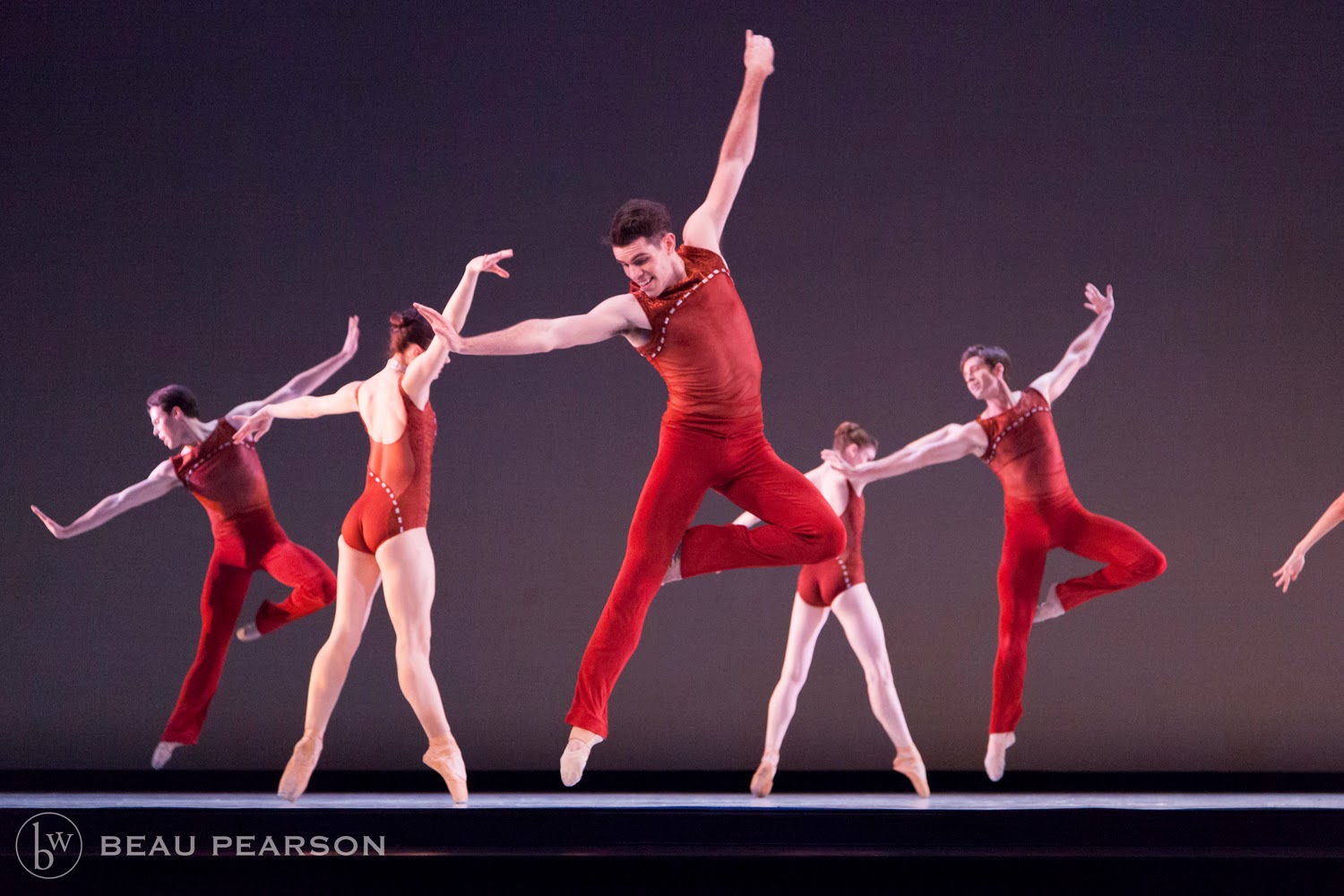Alfred Schnittke | Declaration of Love
from the soundtrack to the 1983 film Сказка странствий (A Fairytale of Wanderings)
Haunting film music from one of Russia's great iconoclast composers.
Alfred Schnittke on his film music:
For several years I experienced an inward urge to write music for the cinema and theater. At first I enjoyed doing this, then it became a burden, and then it dawned on me: my lifelong task would be to bridge the gap between serious music and music for entertainment, even if I broke my neck in the process.
I have this dream of a unified style where fragments of serious music and fragments of music for entertainment would not just be scattered about in a frivolous way, but would be the elements of a diverse musical reality: elements that are real in the way they are expressed, but that can be used to manipulate–be they jazz, pop, rock, or serial music (since even avant-garde music has become a commodity).*
From the musical point of view I found myself with a split personality. I had my own interests–an interest in modern musical techniques, in new compositions; I studied all this and made use of it in my music. But life saw to it that for about seventeen years I worked in the cinema much more and more often than I ought to have done, and by no means only in films that I found interesting.
Eventually I began to feel uncomfortable, as though I were divided in half. At first the situation was that what I was doing in the cinema had no connection with what I was doing in my own compositions. Then I realized that this would not do: I was responsible for everything I wrote. This kind of split was inadmissible, and somehow I had to revise my views of both kinds of music. And apart from that, I gained no satisfaction from–speaking frankly–producing music by calculation. I am simplifying, of course; there was more to it than mere calculation. I realized that there was something radically abnormal in the split that exists in modern musical language, in the vast gap between the laboratory "top" and the commercial "bottom."
This gap had to be bridged, not only by me in my own personal situation, but also as a general principle. The language of music has to be unified, as it always has been; it has to be universal. It may lean one way or the other, but there cannot be two musical languages. And yet growth of an avant-garde in music has led to a conscious split and the discovery of a new elitist musical language. So I began to look for a universal musical language. From the musical point of view, this was what my evolution appeared to be.
Alfred Schnittke | Concerto Grosso No. 1 | V. Rondo
A composer working in the cinema inevitably runs risks. There are good reasons for the fact that in America one has the profession of composer and the profession of Hollywood composer–something quite different. In the West at the present time [1984] not one decent self-respecting composer is working in the cinema. The cinema cannot but dictate its terms to the composer. The case of the collaboration between Eisenstein and Prokofiev [on 1938's epic Alexander Nevsky] is perhaps the only exception; maybe there are others. But even Shostakovich had to submit to the dictates of the film director.
There is nothing you can do about that–it is not so much the dictates of the director as the specifics of the medium in which one must work. Being aware of this it is possible–and this is what I have tried to do in recent years–to work with those directors in whose films interesting musical tasks arise of their own accord.
When I complain about the excesses of my own work in the cinema, I have in mind not everything I have done and not everyone with whom I have worked, but those cases forced on me by practical considerations, when I was compelled to write absolute rubbish.
From the outset, my work in certain films was experimental: one day I would write something, the next day listen to the orchestra play it, not like it, change it on the spot, although I might have tried out a certain device, an orchestral technique, or something else. In this respect, I gained a great deal from the cinema.
Then too, the actual treatment of the inferior material inevitably dictated by the cinema may prove useful for a composer (I can't remember how many many marches for brass band and banal waltz tunes, how much chase music, gunfight music, landscape music I wrote). I can transfer one or another of the themes into another composition, and by contrast with the other material in that composition, it acquires a new role. For example, my Concerto Grosso No. 1 [see video above] includes a tango taken from the film The Agony, abotu Rasputin. In the film it is a fashionable dance of the day. I took it from the film and by giving it a contrasting context and a different development tried to give it a different meaning.***[Russian text published in Besedy s Al'fredom Shnitke, compiled and edited by A.V. Ivashkin (Moscow: Kul'tura, 1994), p.233. Quoted from A Schnittke Reader, edited by Alexander Ivashkin, 41-42. Translated by John Goodliffe. Bloomington and Indianapolis: Indiana University Press, 2002.]
**[From a 1984 conversation with N. Shakhnazarova and G Golovinsky, published in Novaya zhizn' traditsii v sovetskoi muzyke: stat'i i interv'yu [New Life for Traditions in Soviet Music: Articles and an Interview] (Moscow: Sovetskii Kompozitor, 1989), pp. 332-349. Reprinted in Besedy s Al'fredom Schnitke, compliled and edited by A.V. Ivashkin (Moscow: Kul'tura, 1994), p. 124. Quoted from A Schnittke Reader, edited by Alexander Ivashkin, 50-51. Translated by John Goodliffe. Bloomington and Indianapolis: Indiana University Press, 2002.]







